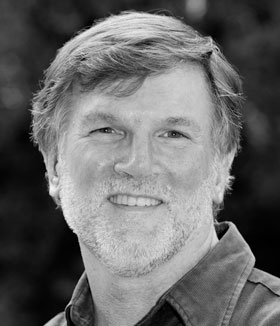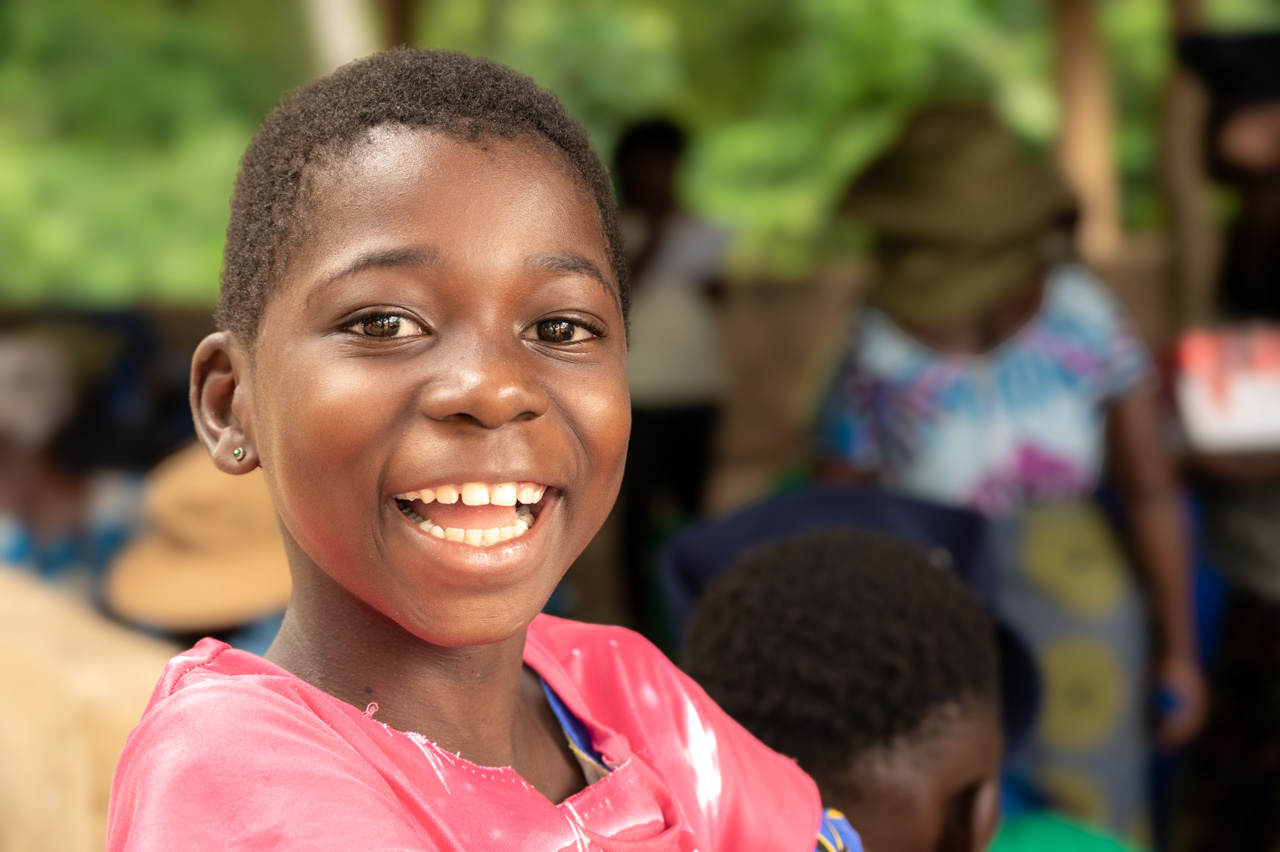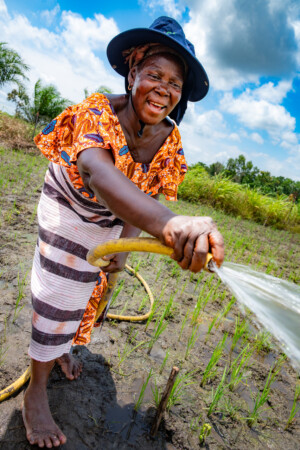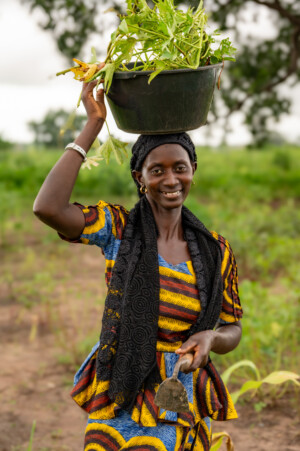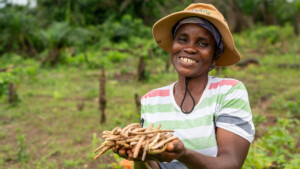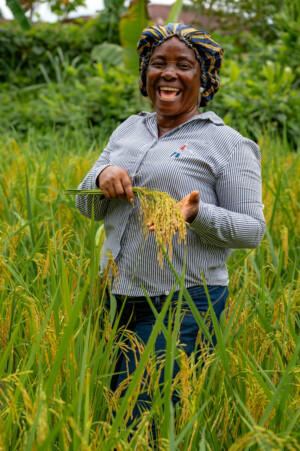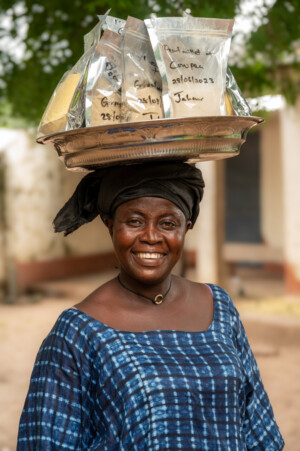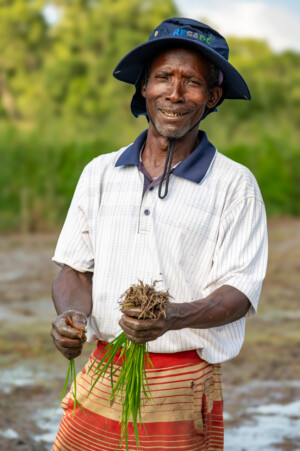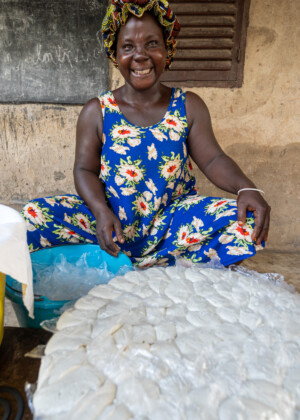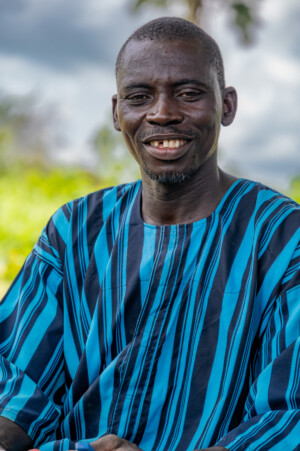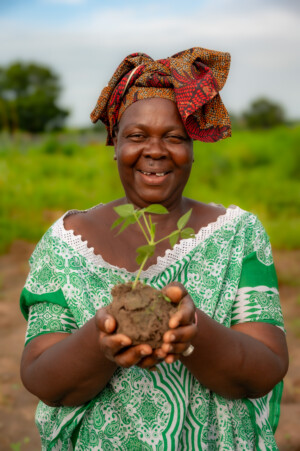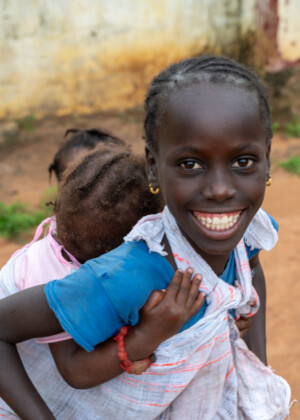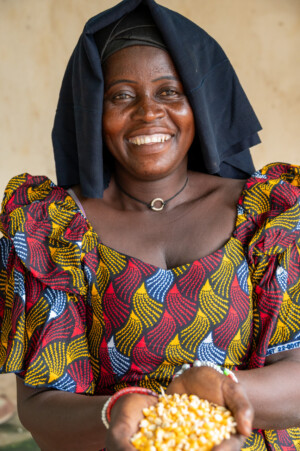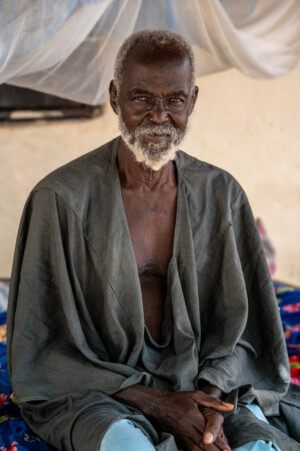I travelled to four countries in West Africa … four which are listed among the 20 ‘poorest’ nations in the world by various economic indicies. I have travelled to many ‘poor’ countries in my life but never this poor.
I saw major cities that had not been electrified. I saw towns without mains water or sewage. I saw shacks serving as homes. I saw city roads that were nearly impassable.
But I didn’t see malnourished people and I did not see misery. I didn’t see beggars. At least I didn’t in the very limited opportunities I had to visit the countries.
What I did see were incredibly beautiful people who were as quick with a smile as I was with releasing my camera shutter.
I wanted to know why these countries are so poor but I never received a simple answer. It’s all too complex and each country has its own reasons. But one answer that came up in nearly every country was political. All of the countries have tragic histories of misguided ‘leaders’ known for corruption, mismanagement, electoral violence and brutal warfare, which destroyed lives and infrastructure.
In Liberia, for example, the First and Second Liberian Civil Wars, which ended in 2003, resulted in the deaths of 250,000 people (about 8% of the population) and the displacement of many more. Liberia’s economy shrunk by 90%.
In Sierra Leone a man told me how he – and 2.5 million other Sierra Leoneans – fled his home in Kambia to become a refuge in Guinea. He returned six years later when the 12-year civil war had ended and found a destroyed city. Like everyone else he had to rebuild with the blocks and cement the aid organizations gave him. His story is repeated across West Africa.
The Gambia and Togo have been spared from prolonged warfare but were still rocked with political instability.
I went to view agricultural development and see small-scale efforts to ensure food security. The projects were coordinated by the International Center for Biosaline Agriculture with funding from International Fund for Agricultural Development (IFAD) and the Arab Bank for Economic Development in Africa (BADEA). I met countless farmers eager to learn new methods to improve their livelihoods. That gave me hope. But these are baby steps and alone they will not pull the countries from the bottom tiers of the economic poorness indices.
For that to happen we must hope for benevolent leaders who are committed to the best interest of their people and for peaceful resolution of conflicts.
The experience I had in two weeks in West Africa will remain on the emulsion of my memory for a long time and the smiles I captured with my camera will never fade. Here are some of those smiles which will always warm my heart.
All images used on this page were photographed by Michael Major for the International Center for Biosaline Agriculture and used here under CC BY-NC-ND 2.0
